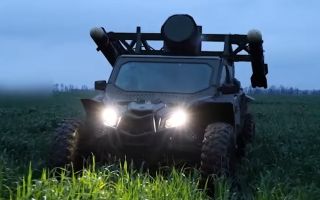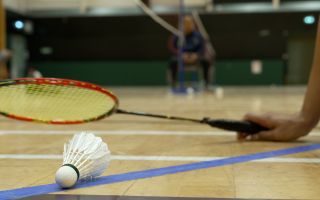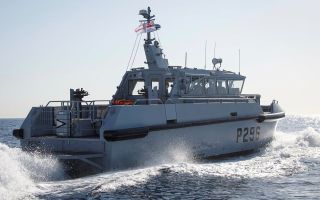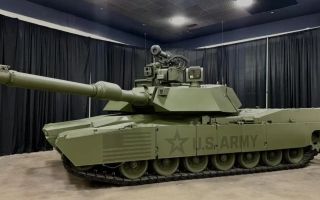On croc duty armed with live ammunition: How to cross a jungle river with 40kg of kit
British soldiers 5,000 miles away from home brave leeches, ticks, parasites and – not least of all – crocodiles, as they endure jungle combat training in Belize.
A company of soldiers from the 1st Battalion Royal Anglian Regiment are in Central America to learn how to operate in one of the toughest environments on earth – the Belizean jungle.
And one of the keys to mastering jungle warfare is the tactical art of a stealthy river crossing.
- The true strength of the reserves within British Armed Forces
- Armed Forces to examine incentives to attract and retain talent
- Night missions and capsize drills: Royal Marines gear up for first deployments with 47 Commando
"We use a river crossing because it's the most unlikely route of approach," explained Sergeant Ryan McAleese Reconnaissance Platoon, D Company, 1 Royal Anglian.
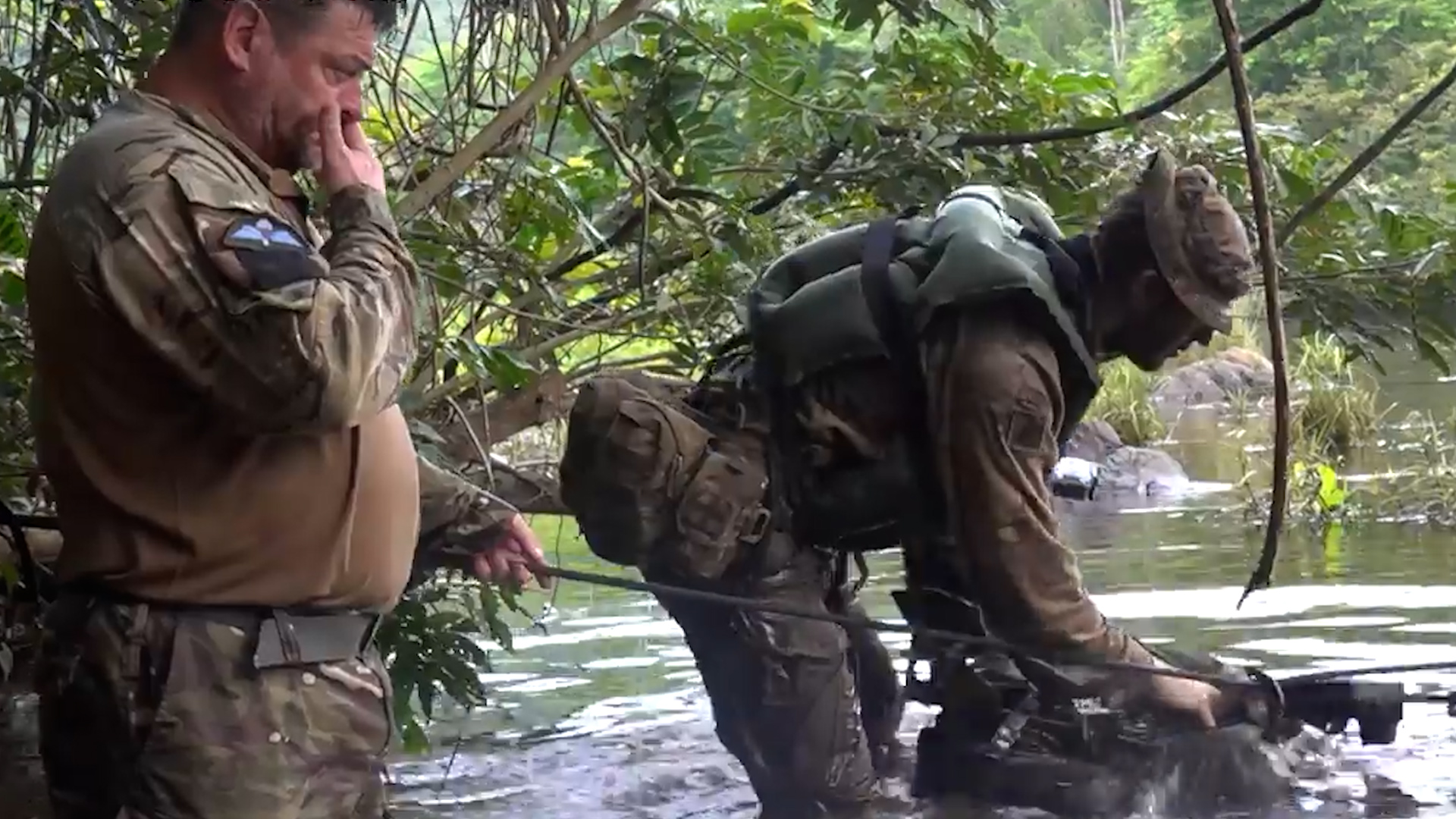
"We're using an unknown crossing point. The enemy shouldn't have eyes on it.
"If I was the enemy, I would have eyes on this bridge so that I could then have an early-warning system for any enemy forces coming across.
"But using a stealthy approach, or a river crossing, is more tactically sound, especially for opportune reconnaissance," Sgt McAleese said.
While the Macal River may look idyllic, basking in sunshine and surrounded by rich green foliage, there are always dangers from microscopic parasites and bigger predators like the Belize crocodile.
The soldiers must cross the river with all their kit and their rifle weighing around 40kg.
The strongest swimmers go in first, making their way to the other side where they attach loop carabiners to then ferry the rest of the team across.
Meanwhile, their eagle-eyed comrades keep watch of crocodiles, ready to use live ammunition on any reptiles that dare to approach.
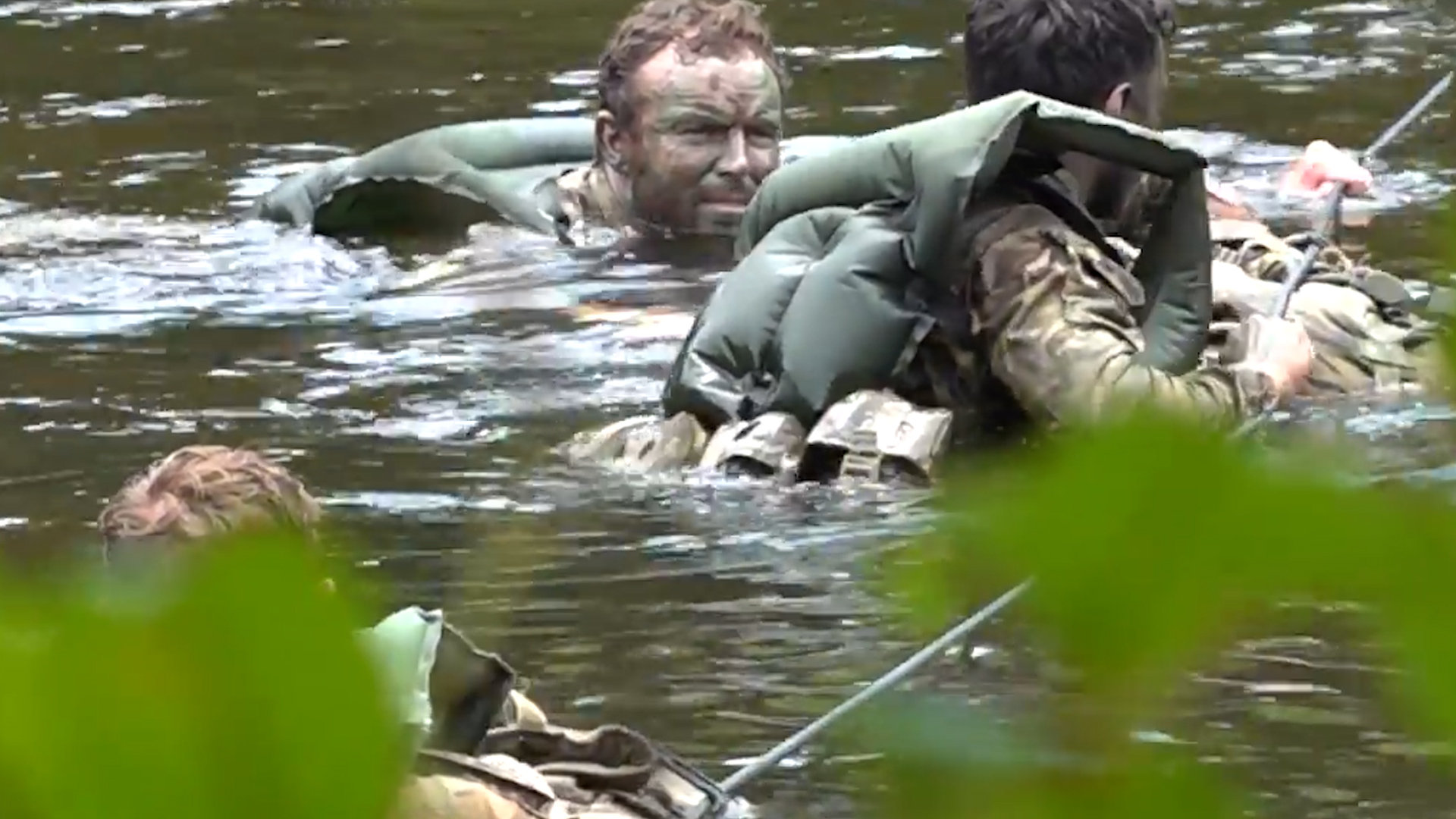
While the appearance of a crocodile is not something that can be predicted, the key to a successful river crossing is still forward planning.
Locating the safest area means consulting maps prior to the mission and finding the spot with a manageable current.
According to Sergeant Ryan McAleese, "One of the hardest bits of doing a river crossing is actually personal administration".
Once the company has made it safely to the other side, all the weapons systems and kit have to be cleaned, dried, oiled and returned to their optimal condition, ready to be used again.

